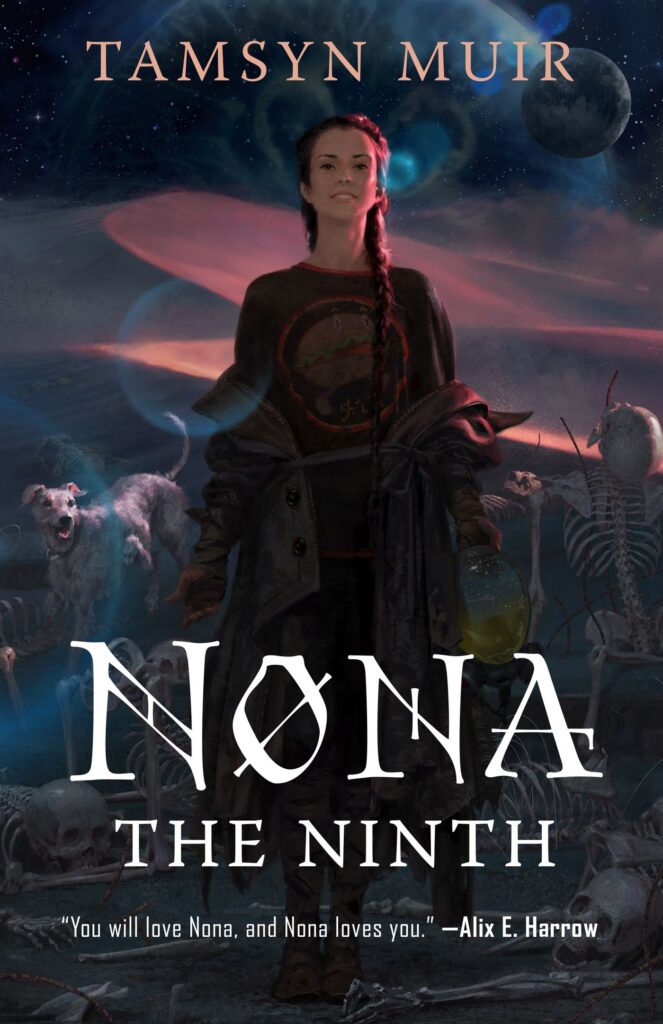
To expose the ridiculousness and peril of the patriarchy, Julia Jackman reinterprets it as an actual pantomime in “100 Nights of Hero.” Adapted from Isabel Greenberg’s graphic novel, the “Bonus Track” director’s sophomore film serves as a whimsical, bizarre, and visually breathtaking critique of antiquated views regarding women and the courage necessary to advocate for change.
A vibrant, queer, feminist fairy tale, “100 Nights of Hero” draws upon history viewed through a fantastical prism, emphasizing aspects such as witch hunts and men’s systemic authority over women. These genuine, contemporary issues are depicted with magenta hues, precise production design, and lavish costumes.
Incorporating commedia dell’arte elements and sparkling performances from Emma Corrin, Maika Monroe, Nicholas Galitzine, and a prominent feature by Charli XCX, “100 Nights of Hero” stands out as a cinematic treasure of the year.
Set in a medieval-style empire within a modern political framework, “100 Nights of Hero” is presented with Wes Anderson-esque symmetrical shots and surreal lenses by cinematographer Xenia Patricia. The film resonates like a fable, augmented by breathtaking visual effects and sharp editing.
Narrated by Felicity Jones to Oliver Coates’ ethereal score, we discover Kiddo’s creation myth. The misogynistic Bird Man, portrayed by Richard E. Grant, devastates Kiddo’s domain with regulations imposed by the Beak Brothers, a group of chauvinists. Production designer Sofia Sacomani’s artistry accentuates the idolization of compliant women and the denouncement of nonconformists.
Amidst this turmoil, we encounter Cherry, played by Maika Monroe, a noblewoman caught in an unconsummated arranged marriage with Jerome, depicted by Amir El-Masry. Confronted with a demand to conceive within 100 nights or face execution, Cherry’s prospects are grim. Jerome, however, evades repercussions.
Cherry’s guardian is her maid and “best friend,” Hero, played by Emma Corrin, who harbors her own secrets. Hero’s tales provide Cherry a refuge from Manfred, a roguish lord played by Nicholas Galitzine, who wagers he can seduce Cherry during Jerome’s absence.
The ensemble, adorned in Susie Coulthard’s costumes, presents a formidable cast. Galitzine’s Manfred is a modern dating disaster, while Monroe’s Cherry embodies ornamental femininity. Corrin’s Hero is both a storyteller and truth-seeker, offering Cherry a social reprieve through stories of three sisters.
“100 Nights of Hero” is a triumph in design, with contributions from production designer Sofia Sacomani, art director Naomi Bailey, costume designer Susie Coulthard, and set decorator Tatyana Jinto Rutherston crafting a visually alluring film. Coulthard’s costumes, especially Cherry’s, underscore the film’s themes.
At its core, “100 Nights of Hero” narrates a tale of women’s bravery, tenacity, and the quest for knowledge and passion. It presents a dazzling universe of suppressed queer identity, masculine bravado, and the significance of storytelling. Jackman has created a relevant cinematic delight, draped in opulence and social insight. It is truly heroic.
“100 Nights of Hero” was critiqued at the BFI London Film Festival. The film will debut in select U.S. theaters on Dec. 5, with a UK release planned for Jan. 2026.